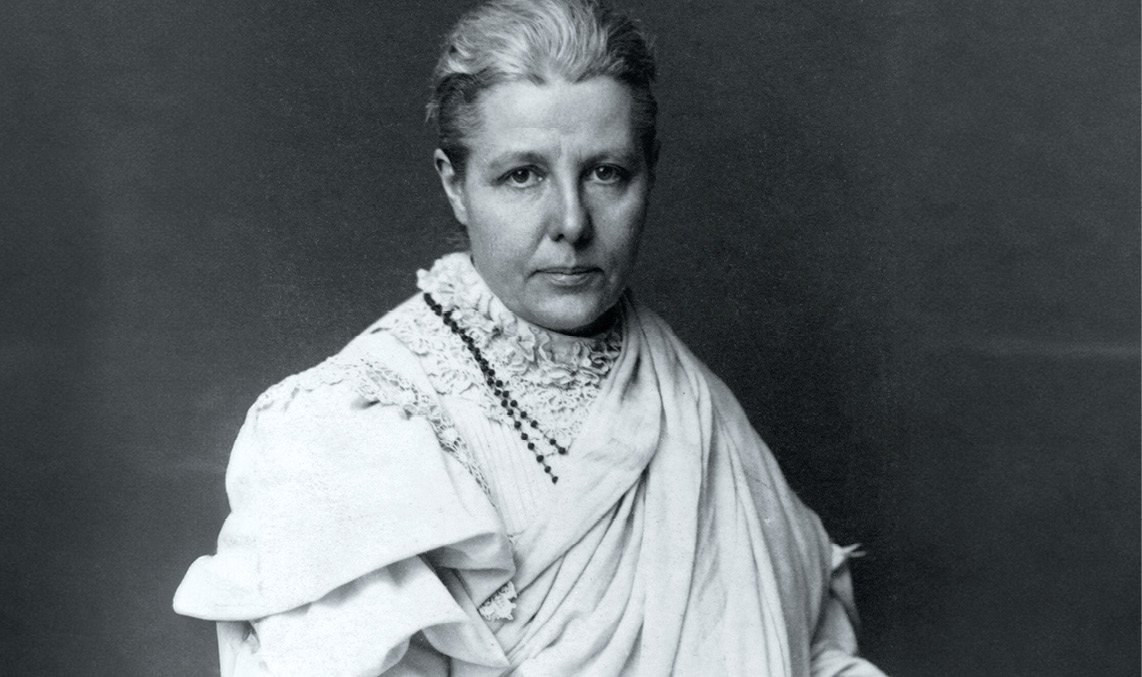Religious misogyny and secularism’s role in achieving women’s equality will be the subject of the East London Humanists’ April event, led by Megan Manson from the National Secular Society. Paul Kaufman reports
A quick look around the world shows why the topic of women’s rights is so timely. The problem is displayed at its most extreme in Afghanistan, where women are banned from education or publicly exposing their faces. In the US, the Christian right has captured the levers of power, from Trump and Vance to the Supreme Court. This has gone hand in hand with a rollback of reproductive rights, and much more.
There are also issues in UK communities. Even the established church retains sexist policies. Sensitivities around criticising religion, and deference to religious leaders, often lead to this important factor in women’s inequality being ignored or waved aside.
Then there is the phenomenon of Andrew Tate, an influencer and self-proclaimed misogynist. Tate has found common ground with religious fundamentalists when it comes to the treatment of women. He identified as an Orthodox Christian before converting to Islam in 2022. Mohammed Hijab, an influencer with over 700,000 YouTube subscribers, welcomed the conversion. In April 2023, he told ITV News: “Most imams on many of the same issues would have a view. Maybe many rabbis would have a view. Many priests would have a view similar, if not identical, to Tate’s when it comes to the nuclear family, when it comes to gender roles.”
The National Secular Society (NSS) was founded in 1866. It is no coincidence that one of its first leading members, Annie Besant, was also a leading women’s rights advocate, involved with the Suffragettes and the 1888 Matchgirls’ Strike. A plaque celebrating her role is displayed in Bow. She and NSS founder Charles Bradlaugh were put on trial for publishing a book on birth control that offended the Church.
Secularists campaign for separation of religion from state and equality for all regardless of religion, belief or sex. They recognise the part long-played by religion in female subjugation. Denying a woman’s right to make family planning decisions is a common example. Taboos around menstruation and ‘modesty culture’ (women always being required to cover up more than men) are other examples often endorsed and supported by religion.
Fundamentalist religious laws invariably grant men a higher status, denying women authority roles, employment, political participation, educational opportunities, equality in marriage and access to fair justice.
Freedom of belief must be respected but it cannot be allowed to trump other human rights. Events in the US and elsewhere show the fragility of hard-won advances, the importance of not taking these for granted and the need for unceasing vigilance.
The meeting will be held at Wanstead Library on 14 April from 7.30pm to 9pm (free and open to all). Visit wnstd.com/elh




